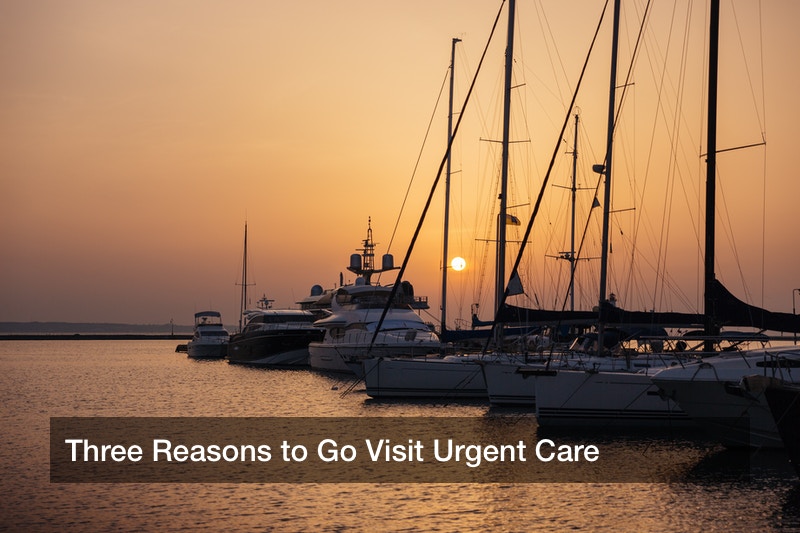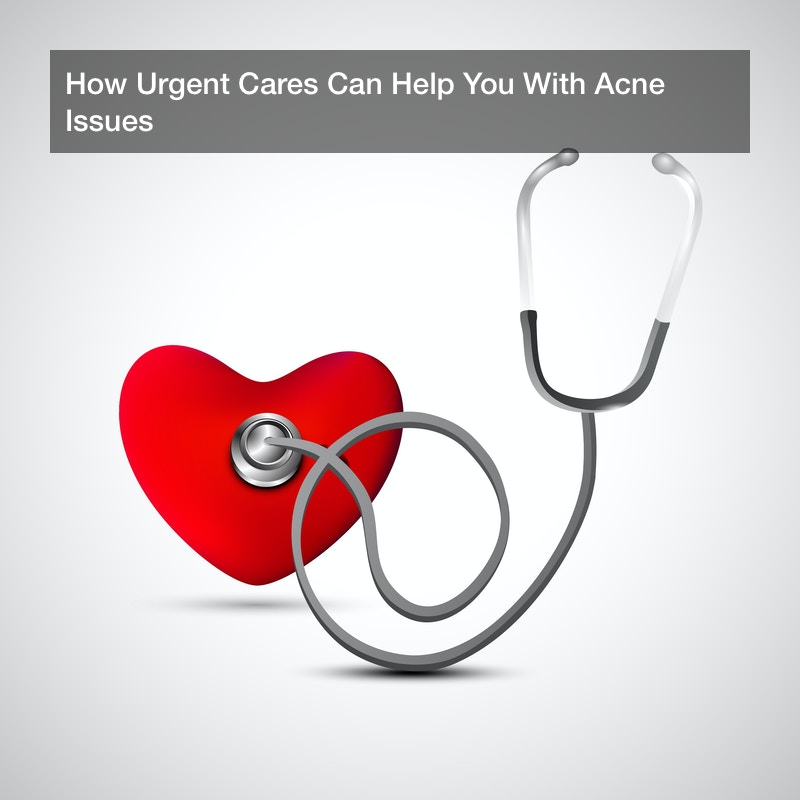
Your home is your sanctuary, your safe place. It’s important, then, to make sure that your home, and the people living in it, have a healthy and happy lifestyle. This article will break down some of the most important things you need to do to make sure that your home is safe, and that your lifestyle, in general, is optimal and healthy, so you can enjoy a high quality of life all around!
Hazards of the Home
There are many things that can go wrong in a home, from non-electrical items like flooring and mechanical issues to electrical issues like bad outlets, and more. Electrical issues are common, as the entire modern home operates on electricity. Hence why it’s important to have an electrician inspection regularly, at the very least once every two years.
Every year, accident and emergency departments deal with serious and even fatal home incidents. Chemicals and choking hazards can damage adults and children alike. Home accidents kill 18,000 Americans annually. It causes 21 million medical visits annually and ends up costing $220 billion.
A few other hazards of the home include carbon monoxide. Carbon monoxide kills silently. It’s odorless, unlike natural gas, so it’s much harder to detect. Test your carbon monoxide detectors routinely. Check your heaters annually to avoid carbon monoxide poisoning. Some home security systems will notify you of harmful carbon monoxide levels.
Fires are another issue for any home. Fires kill nearly 3,000 Americans each year, making them the third deadliest home danger. Kitchens, bedrooms, and basements all need smoke alarms. Having one on every floor is a good start, but more than that is recommended. Monthly alarm tests and twice-yearly battery replacements are recommended.
Never leave a deep-fryer or similar appliances unattended. If the pan catches fire, use a moist tea towel, never water on a grease fire as it can cause it to lift out of the pan and spread uncontrollably.
An electrician should check your wiring regularly. Childproof matches and lighters are essential if needed in the house. Extinguish cigarettes carefully if you smoke. Don’t burn candles overnight.
Plan a fire escape and make sure everyone knows it.
Emergency Preparation

It’s easy to think an emergency would never happen to you, especially if you live in a place that isn’t known for natural disasters.
But any house is susceptible to an emergency. If it’s not a natural disaster, it might be a power outage or a water shortage. Things can and will go wrong, usually when you least expect it. It’s important to have an emergency preparedness plan.
The first thing to think about is having a generator on hand and ready in case of a power outage. We depend on electricity so much that we don’t always realize it, and the generator can be an invaluable resource.
Second, it’s important to keep enough food and water on hand in case you need it. This doesn’t mean you need to be a doomsday prepper, as they say, but it is good to have at least enough food and water to last you and your family for a couple of weeks if you need it. Canned and non-perishable food can go a long way.
To put together your kit, put items in airtight plastic bags and put the whole thing in one or two containers that are easy to carry, like plastic bins or a duffel bag. The following items are good to have in a basic emergency kit:
- Water: Each person needs one gallon of water per day for several days to drink and clean.
- Food: enough non-perishable food to last for several days
- Radio that runs on batteries or is turned by hand, and an NOAA Weather A radio with an alarm tone
- Flashlight
- First aid kit: First aid manual, an assortment of sterile gauze pads and adhesive bandages, medical tape, ace bandage, CPR mask, Quik Clot, over-the-counter drugs (aspirin, anti-diarrheal medications, and activated charcoal), antiseptic ointment, soap, nitrile gloves, SAM splint, oropharyngeal airways set, thermometer, tweezers and needles, tongue depress
- Extra batteries
- A whistle if you need help
- Dust masks to help filter dirty air and plastic sheeting and duct tape to ‘shelter-in-place’
- Wet wipes, trash bags, and plastic ties for keeping clean
Mold, Fire, and Dust
You can’t get rid of all mold and mold spores inside. Some mold spores will be floating in the air and in the dust in your home. If there is no water, the mold spores won’t grow. Mold growth inside can and should be stopped or kept in check by controlling the amount of moisture inside. If mold is growing in your home, you need to get rid of it and fix the water problem. If you clean up the mold but don’t fix the water problem, the mold will probably return.
It’s important to practice good water damage repair in situations where water has leaked, such as a bathtub leak or a broken water heater. Mold, dust, and fire work together.
Every fire needs three things to start. The ‘Fire Triangle’ is made up of these three things:
- Fuel to burn
- Oxygen
- Ignition source (heat, spark, etc. )
The ‘Dust Pentagon’ is an extension of this, and is used to describe the five things that must be present for a dust explosion to happen:
- The right amount of dust particles being spread out, and
- The dust cloud is being kept in one place.
When dust is dispersed, it means that it is floating in the air. (Note that flash fires can happen even if the fifth element of confinement isn’t there). Confinement means that the dust is in a space that is closed off or small. This restriction lets pressure build-up, which makes an explosion more likely.
To prevent mold, the most important thing to keep in mind is that everything in your home should be as dry as possible. The more water rests in one location, the more likely the chance for mold to develop. Once mold builds up, it’s difficult to remove. It’s especially difficult when mold grows on wood, such as wood beams in your home, as this can create structural damage and danger, especially in a fire situation.
Fire, dust, and mold are often linked in different ways to each other, sometimes causing each other, and are usually preventable via diligence and regular house maintenance.
Peace of Mind

If you live on a property that’s near other properties but doesn’t have clear divisions from one property to the next, this can make things like playing outside or mowing the lawn somewhat uncertain and awkward between neighbors.
Fence installation can create better structure and boundaries for your home, and it can reduce stress and encourage more family time outside. Not to mention, having a stable and secure fence can make your family feel safer.
Having a fence can also prevent situations such as people wandering into your yard and getting injured, and then attempting to sue you for having a hazard on your property.
The most common reason for putting up a fence is to keep people and animals safe. A fence can keep your kids, dogs, cats, or even horses in your yard so that they don’t run away, hurt themselves, or get lost. You might also worry about things like lakes, ponds, cliffs, or hills that are not in your yard. By putting up a fence, you can make sure that no one in your yard will fall into the water, off an embankment, or up a dangerous bluff by accident.
A fence will also make it harder for strangers to get into your property. Whether you’re worried about criminals trespassing on your land, teens walking through your garden without your knowledge, or deer strolling through and eating your apple trees, a fence is a great way to keep out uninvited guests.
Along with making your property safer, a fence is a great way to mark the edges of your property. People sometimes trespass on land by accident, not knowing that they are making the owner angry. Some people might be upset that their neighbors don’t respect the line between their properties. In this case, a fence will make a clear, firm line between the two areas.
Safety and Preventative Maintenance
If you’re in great shape, have a great job, have a great house, and have basically everything you want in life… But you get into a car crash because your brakes failed, none of that really matters, especially if the crash is life-altering.
If your brakes stop working while you’re inside, a car becomes an uncontrollable projectile made up of thousands of pounds of metal and fuel. It’s important to get your car regularly inspected to make sure that your brakes are in good shape, from your fluid to your mechanics to your wheels.
If a dashboard light comes on or you hear the brakes squealing, you know you need a brake inspection. When you press the brake, you might also feel something strange, like grinding or pulsing, hard metal on metal, or just a hard time stopping.
Here’s what you should remember:
- What do the lights on the brakes mean? You may have a leak in the brake fluid or have lost too much. Or, the sensor could see that the brake pads are worn down or that the master cylinder is broken.
- Why do my new brake pads make a squealing sound? Some pads need to be worn in over time. It’s also possible that your brake pads aren’t very good or that they weren’t put on right.
- A brake inspection can tell you if you need new rotors, an adjustment to the calipers, or something else to stop the brakes from making noise.
- Can I add brake fluid myself? If you know for sure that the brake fluid has been slowly going down, you can add more. But it’s safer to get a brake inspection to check for fluid leaks, especially if the problem started all of a sudden. Time to check in with your local mechanic shop.
Local Emergency Resources

It’s all fun and games until someone chips a tooth on a Sunday afternoon and is in extreme pain. It’s important to have local emergency resources, like emergency dental care, ready and available for painful and unexpected emergencies that can arise.
You’ll have peace of mind once you’ve built your list, knowing that you have the names and resources you need in order to be safe.
Disease and Preventative Care
You never know where disease might show up, but the links to disease and its carriers are well-researched and documented.
In your own home, you likely have an ecosystem of microorganisms, bugs, and rodents you don’t know about. Creatures like these are notorious for carrying diseases. This is why it’s important to have pest exterminators regularly service your home, to make sure that there is not a growing pest problem that could threaten your health and safety.
Regular doctor and dental checkups can help ensure your family stays healthy and if issues arise, they can be caught early. Statistically speaking, most health issues are less detrimental in the long run if caught and dealt with early in the process. Oral health is just as important as bodily health, and should not be treated as less. Braces, fillings, and crowns can be considered preventative care for tooth, throat, and jaw issues, and experts agree to adjust teeth is easier earlier in life. Services like Invisalign can help make your teeth healthy and straight up to prevent future issues from building up.
If you are ever facing medical bills that you can’t afford, don’t despair. Jericho Share insurance is a great healthcare alternative for those of the Christian faith. If you are struggling to afford your medical bills, Jericho Share can help you afford your medical bills through the charity of their members. Contact Jericho Share insurance today if you are interested in their services.
Relaxation and Mental Health

Hot tubs and hot soaks are best used in mediation, but can be game-changing for loosening tight muscles and resting a tired body. Even a few minutes in the hot tub can be extraordinarily relaxing and can help reduce stress and make the body feel better.
Psychiatrists and other mental health practitioners are specialized in helping people work through the complicated issues of life and find resolution, clarity, and comfort. It’s important to not neglect your own mental health while pushing through life. Having stability and peace of mind is more important than anything else, and it’s important to prioritize mental health care.


